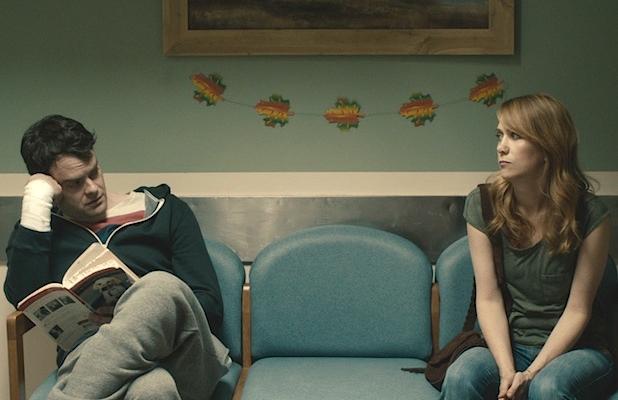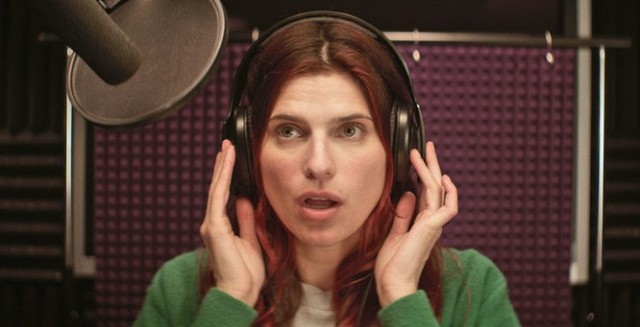Laggies – For some strange (and unfair reason), the narrative of the young adult in arrested development seems to be a sub genre exclusively reserved for men (with the notable exception of Jason Reitman’s criminally underrated Young Adult ). Lynn Shelton’s Laggies may not have the razor-sharp iciness of Reitman’s film, but it’s a comedy that’s full of insight and ideas that sneak up on you. The film tells the story of Megan (Keira Knightley, free of corset), a twenty-something equipped with a graduate degree but lacking motivation – she’s content enough to hold and flip a sign for her dad’s small business. Smart but curiously aimless, Megan lives a comfortable and coasting life with her longtime-boyfriend (Mark Webber) and hangs out with her cheery high school pals who seem to be getting married and having children remarkably fast. Feeling a stab of pressure from her friends’ life changes, as well as a sudden marriage proposal from her boyfriend, Megan jumps out of her circle and into the life of Annika (Chlöe Grace Moretz), a teenager for whom Megan buys alcohol while disappearing from her soon-to-be fiancé. It dawns on Megan that she needs time to think her life over (a revelation that rarely happens so soon in a film like this – and used to such an interesting effect), so she pretends to go on a work retreat to lay low with Annika. The two paint each other’s nails, go to house parties, and swap secrets and stories – calming the older Megan, and warming the younger Annika. Things change when Annika’s stepfather (Sam Rockwell, a force) becomes suspicious of Megan…and then fond. This growing pains comedy takes a couple twists in its third act that are both entertaining and unexpectedly relatable that won’t be spoiled here. Yet what’s safe to say is that Shelton (working from a biting script written by another writer, Andrea Seigel) finds the humans under the characters. She understands the relationships, turmoils, pains, humor, and epiphanies, and allows them to flow through the film in an offbeat and organic way. The tone and look of the movie is colorful and pleasant, yet the ideas explored in the film are full of anxiety, fear, connection, and hope. In her previous film, Touchy Feely, Shelton examined the roles emotional releases and balances play in everyday life. In Laggies, she shifts to convey the whirlpools we often create for ourselves – the circling around, the pretending of, the putting off. This kind of stagnancy is as funny as it is heartbreaking as it is true, and the film finds the humanity and peace in the situation as well as the presentation of connection. Megan is the kind of unconsciously suffering, artificially happy character that’s tightly wound with ambivalence that it takes the pull of a string to unravel what’s going on with her – and that’s exactly what Shelton does. Knightley, Rockwell, and Moretz deliver a triple threat of appealing and honest performances that compliment both Seigel’s sincere and witty dialogue and Shelton’s careful yet spirited direction, resulting in a comedy that faces the situation of young adult ennui with serious spark. A-
Here’s the trailer:










